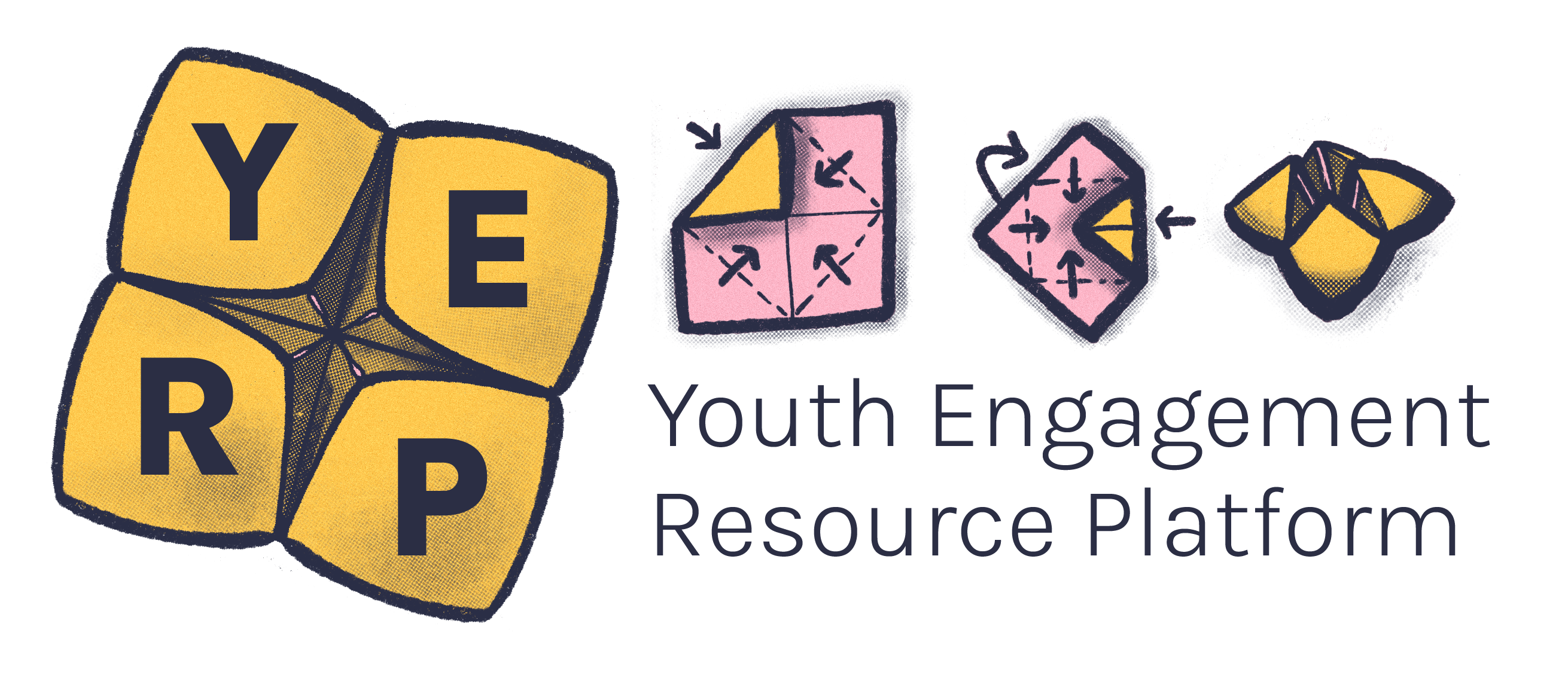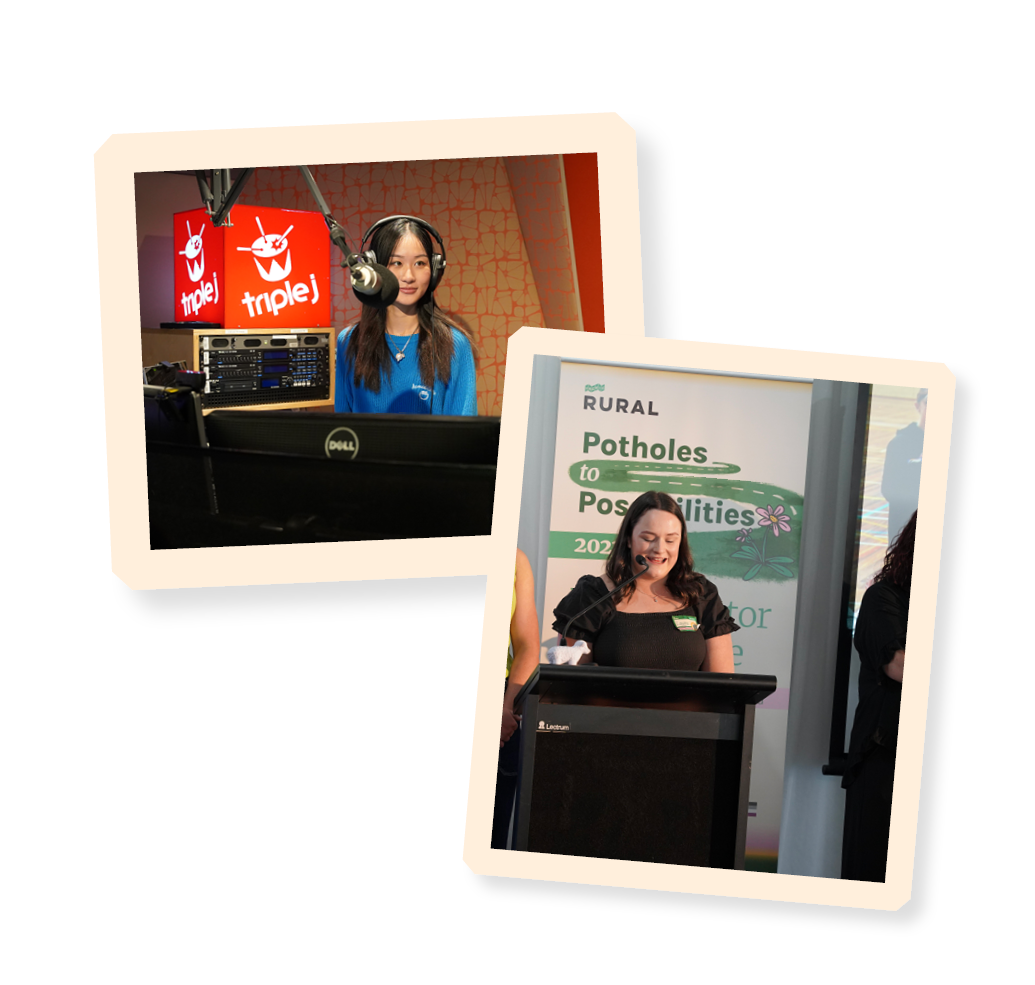Internships
Internships or placements are a great way to gain relevant industry experience because often you’ll have a direct liaison at your workplace that is available to guide you and who you can turn to for advice.
It also means you’ve made a relevant industry connection that you can list on your resume as a reference for your next job application!
Volunteering
Shows dedication to your local community and builds transferable skills like problem solving or working with others.
Allows you to build professional networks and mentors and develop both hard and soft skills.
You can find volunteering opportunities in several places such as through school careers counsellors, friends, or by searching on Google!
It’s a good idea to pick volunteering opportunities that interest you. For example, if you’re passionate about animal welfare you may want to volunteer at your local animal rescue. Or, if you play sport, you could volunteer for your sporting club.
Mentorship
A mentor is someone more established in their career, who shares their own knowledge and skills with you to help with your development.
They may be able to look over a job application for you, help you learn a new skill or support you in reaching out to organisations for opportunities.
Potential mentors may be a university tutor or lecturer, an existing professional connection or even someone met through specific mentoring websites.
Student clubs
Don’t discount the student experience! If you’ve ever taken on a leadership role while at school or university, it’s likely you’ve developed some key, transferrable soft skills that would be relevant to many industries.
Experiences like running events, recruitment, running a committee or working within school and university systems are all things that may set you apart.
On your resume, list the student club, how long you were involved, and the details of any core activities you did. Include your most impressive stats (such as if you increased membership by 25% or sold 30% more tickets for an event) to impress an employer.





